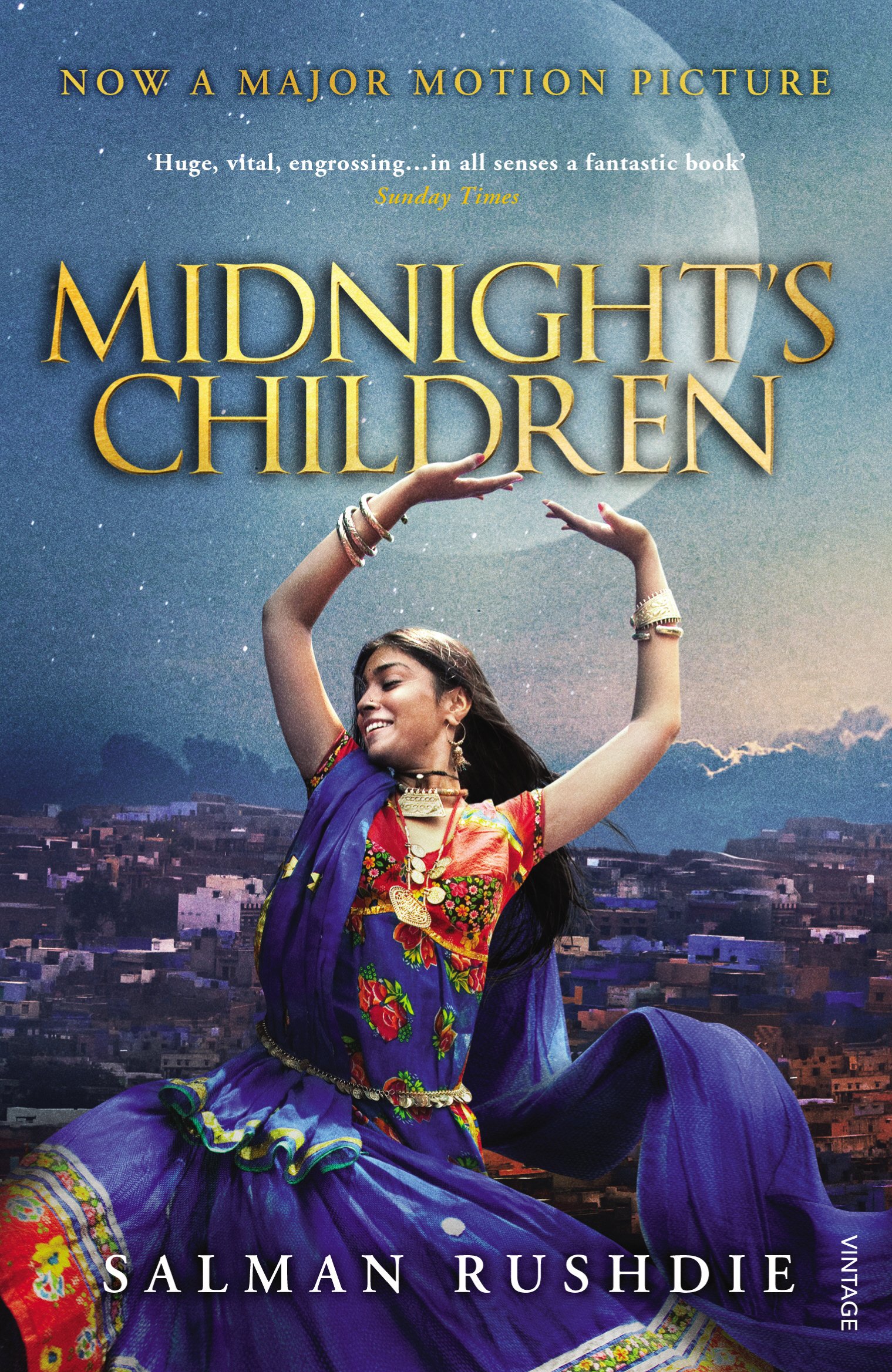An Epic Tale of Identity and Destiny: A Review of "Midnight's Children" by Salman Rushdie
The story follows Saleem Sinai, a boy born at the stroke of
midnight on the day of India's independence from British colonial rule. He
discovers that he possesses extraordinary telepathic powers and is connected to
1,001 other children born in that magical hour. These children, referred to as
the "Midnight's Children," share a collective destiny that mirrors
the tumultuous events shaping India's history.
As Saleem navigates through his own life, he intertwines his
personal experiences with the larger political and social landscape of India.
Rushdie skillfully incorporates real historical events, such as the Partition
of India and the subsequent conflicts, into the narrative, capturing the
essence of the nation's post-independence struggles.
"Midnight's Children" explores the themes of
identity, memory, and the power of storytelling. Through the lives of the
Midnight's Children, Rushdie delves into the complexities of cultural and
national identity in a diverse and divided country like India. The novel
reflects the struggle to define oneself amidst a backdrop of political upheaval
and the legacy of colonization.
Rushdie's use of magical realism adds a layer of enchantment
to the narrative, blurring the lines between reality and fantasy. The magical
elements serve as a metaphor for the inherent contradictions and contradictions
of postcolonial India, highlighting the blending of cultures and the
transformative power of imagination.
Salman Rushdie's writing is a tour de force of literary
prowess. His prose is richly textured, filled with vivid descriptions, and
laced with wit and humor. The author's ability to seamlessly switch between
different narrative styles and time periods showcases his mastery of
storytelling.
Rushdie's language is evocative and poetic, capturing the
vibrancy and chaos of India. His intricate wordplay and clever word
associations add depth and layers of meaning to the narrative. The narrative
voice, embodied by Saleem Sinai, is engaging and charismatic, drawing readers
into his captivating world.
"Midnight's Children" is an extraordinary novel
that delves into the complexities of postcolonial India, intertwining personal
and national histories in a breathtaking manner. Salman Rushdie's skillful
blending of magical realism and historical events creates a literary
masterpiece that explores identity, memory, and the power of storytelling. This
novel is a testament to the enduring impact of colonialism, the struggles for
independence, and the ongoing quest for individual and national identity. It is
a must-read for those who appreciate intricate storytelling and a deep exploration
of the human experience.

Comments
Post a Comment